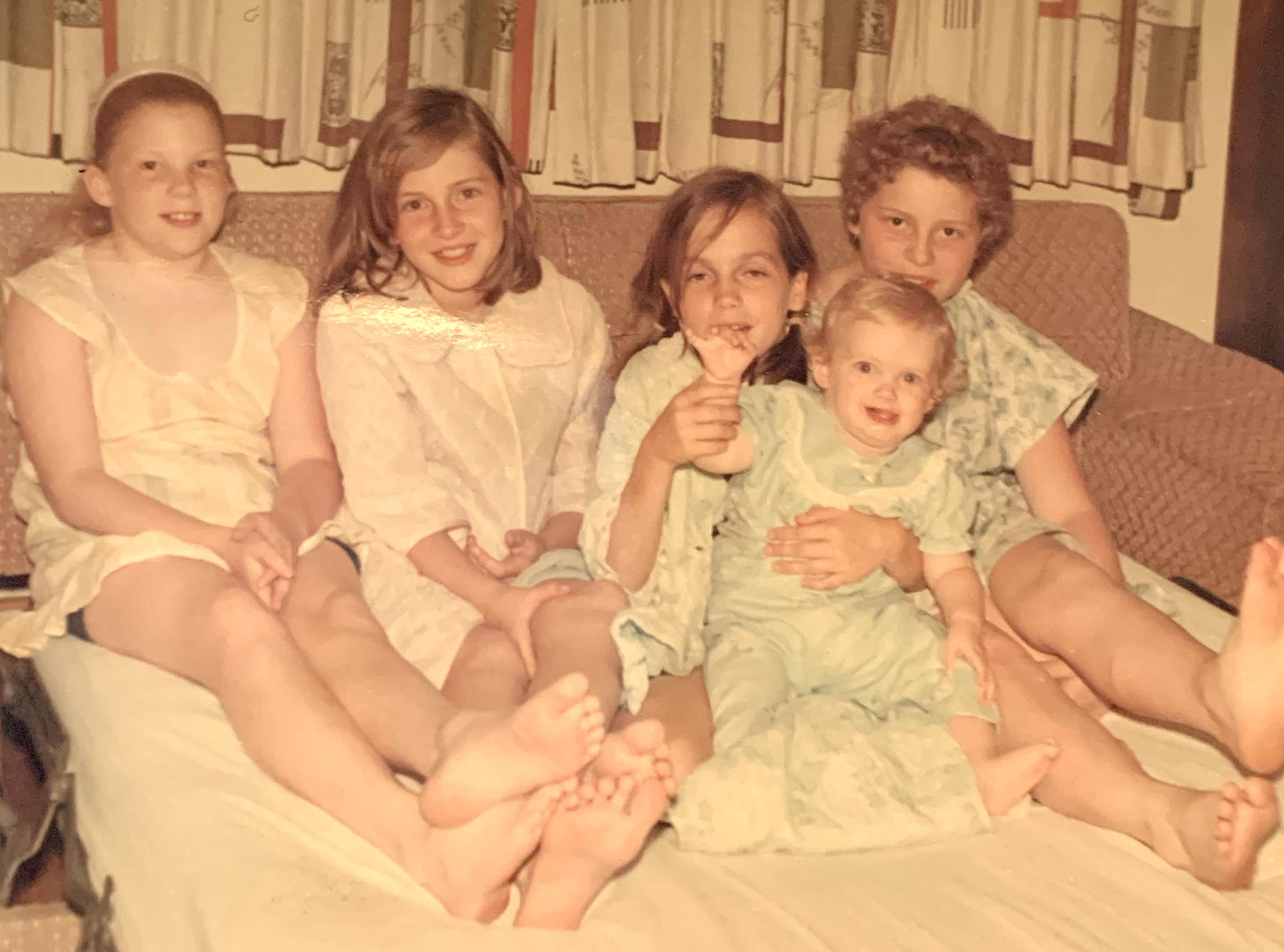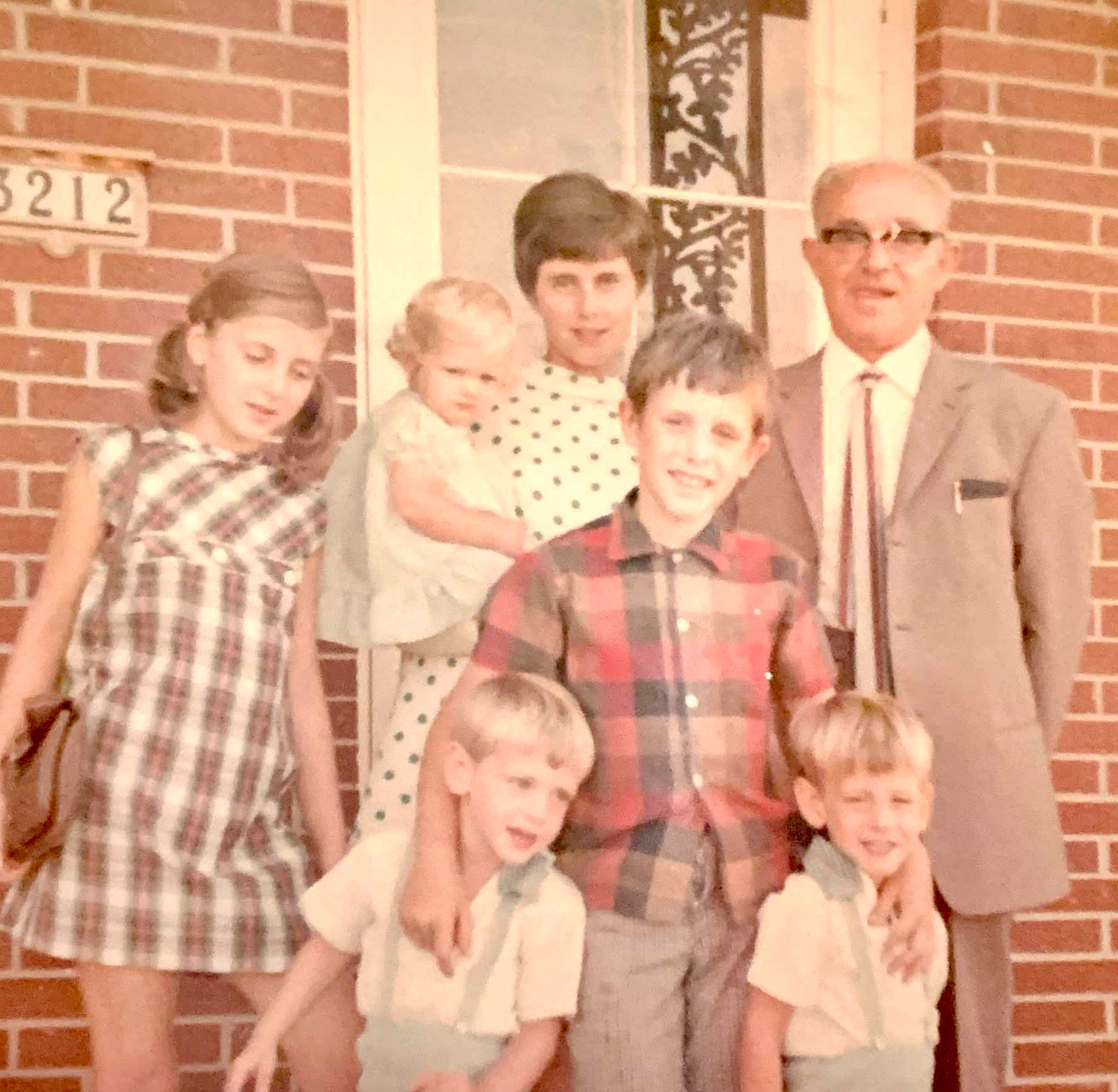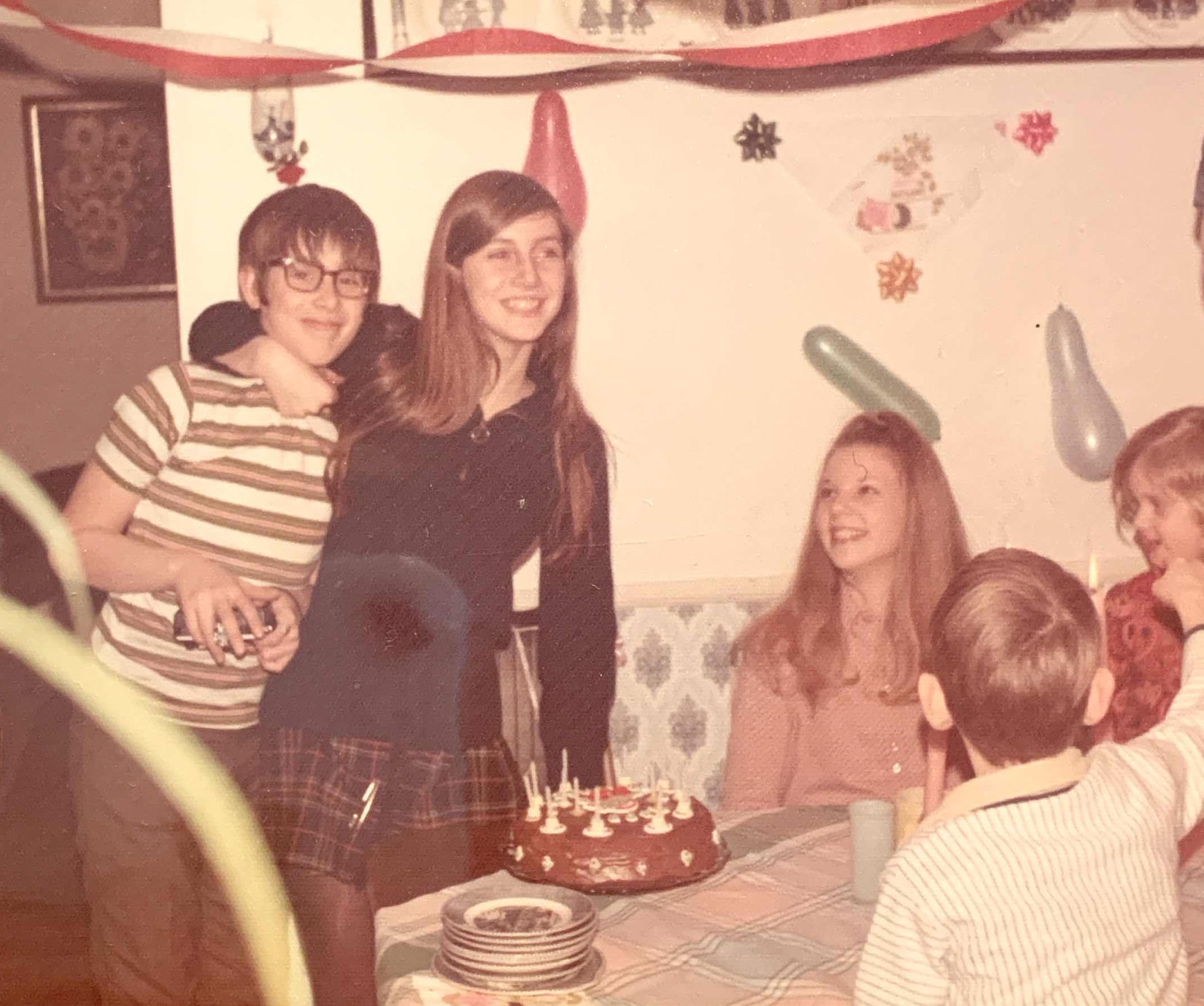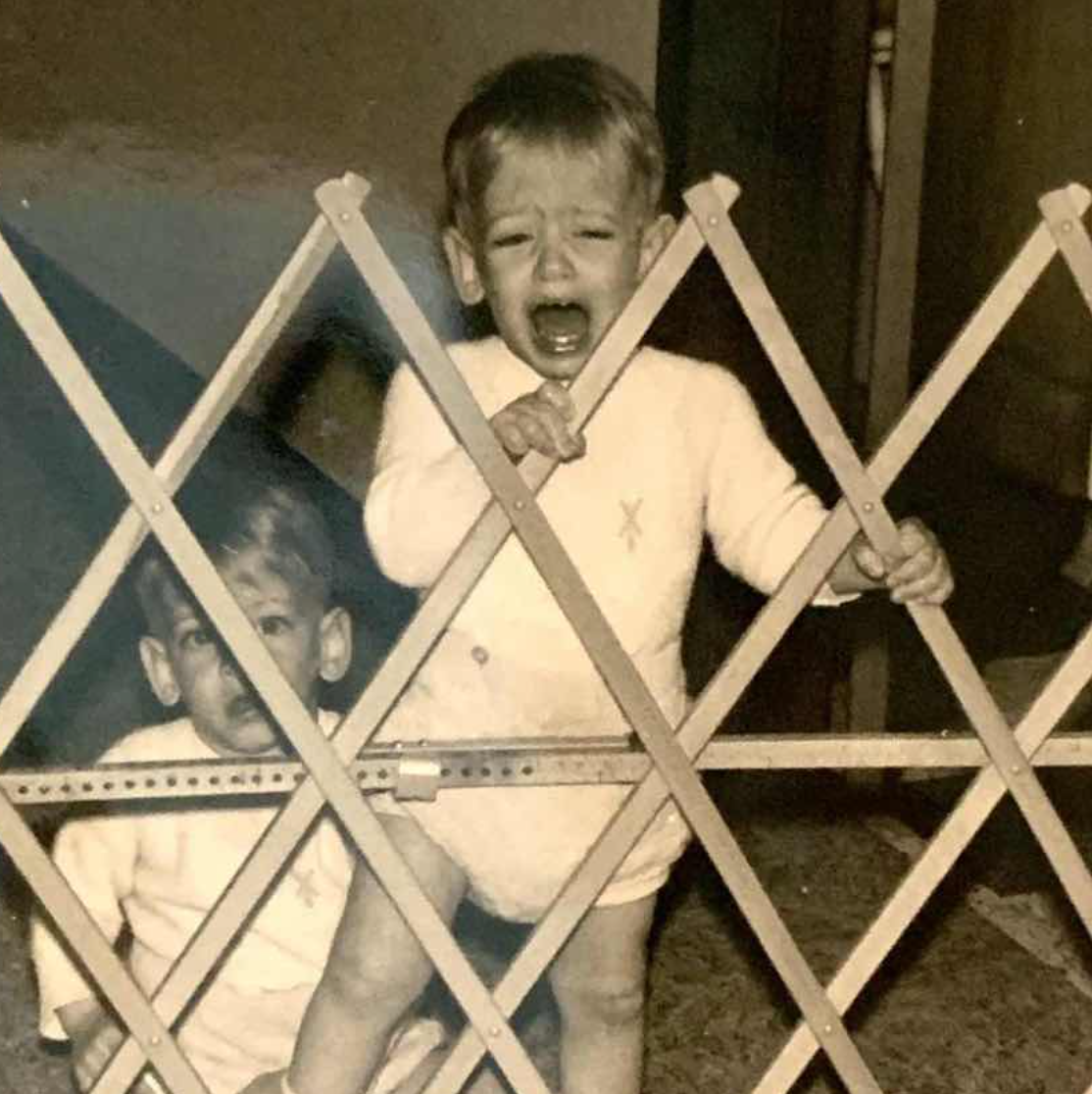The Reluctant Immigrant series
After moving from Canada to Iowa, the eldest daughter of first-generation Dutch immigrants finds life challenging. Follow this rather non-compliant and anxious child as she hilariously and often unsuccessfully tries to fit in with the American crowd while remaining true to her sometimes dysfunctional, frequently embarrassing, and always chaotic family. But when school bullies make it clear that she will never be an Iowan, she realizes that some people’s opinions really don’t matter.
Ireentje Changes Her Name
Sweating in the back seat of a pink station wagon, the 8-year-old girl didn’t even notice the grubby little hand resting on her left leg, the toy cars being driven over her left arm, and the pungent odor of dirty diapers in the air. She was on her way to her new home in Iowa with her parents, her 6-year-old brother Robert, and her 18-month-old twin brothers, Peter and Michael, but neither her destination nor her brothers preoccupied her.
She was thinking about her name. Ireentje. It was just weird. Actually, not so much strange as foreign. Her mom, Meta, and her dad, Frits, immigrated to Canada from the Netherlands, having their first baby only seven months after they arrived while they still mostly spoke Dutch.
The name sounded pretty when they said it: “Ee-rain-chuh.” But if anyone else did? Ugh. Even where she used to live in a neighborhood with Canadians and immigrants from Germany, Russia, the Netherlands, and Jamaica, people couldn’t pronounce it correctly. They often said, “Arr Reeen,” emphasizing the second syllable. The sound made Ireentje’s hair stand on end. She frowned at the memory. Probably, it would be way worse in Urbandale, where Dad said everyone was Iowan. This was her chance to do something about it.
“Mom, Dad, I’ve been thinking.” Ireentje began.
Mom turned slightly and lowered her sunglasses. “What about?”
“About my name. I don’t like it—it’s too weird. So, could I change it? No one in Iowa would even know.”
“Your father and I like your name. We chose it.” Mom paused and steepled her fingers. “But I know people mangle it. And you just want to fit in. What do you want to be called?”
“Well, how about my middle name? Caroline.”
“I don’t see why we couldn’t do that. And this is the right time to do it. What do you think, Frits?”
Dad smiled at his daughter in the rearview mirror, “Goot sinking, Ireentje—uh, I mean, Caroleen. That might work. Of coursh, we will pronounce it the American way, not Kah Rrroe Leen nuh.” His Dutch accent was more pronounced than Mom’s, but his voice made her feel good all over.
“That’d be great, Dad. But what about calling me Carrie? That sounds more American.”
“Sure, why not?” Dad’s eyes crinkled at the corners.
“Do you think you’ll remember?”
Dad chuckled, “Of coursh!”
Thanks Mom and Dad!” The newly-named Carrie turned to her brother, “From now on, Robert, I’m Carrie. Don’t forget!”
Robert didn’t answer; he was looking at a comic book about cowboys. Dad had told them to keep a close watch on the corn fields in case they might see some, and Robert wanted to be prepared.
Carrie reached over baby Peter and around baby Michael and bopped Robert on the side of his head. “Listen! You need to do this.”
Rubbing his head, Robert frowned. “Ow! What??”
“Remember to call me Carrie, not Ireentje.”
With his eyes glued to the magazine, Robert spoke in what he thought was a trucker’s voice. “10-4, Arr Reeen.”
Carrie narrowed her eyes and mentally noted that Robert might not be cooperative. He might mess up her plans to look American, and if he did, she would make absolutely sure that he would be sorry—very sorry.
Oblivious to events in the backseat, Mom chattered on in her delightfully lilting accent, “Do you know your Tante Corrie also hated her name? We never knew who the friend at the door would ask for because she kept telling them different names.” Mom grinned at the memory and imitated a boy’s voice. “Is Sofia home?”
Now too deep in thought to hear her mother, Carrie gave a satisfied nod. She enjoyed finding answers to problems, and this one was solved. Well, almost. Now, the next. “Mom, when can we stop to change their diapers? It really stinks in here!”




